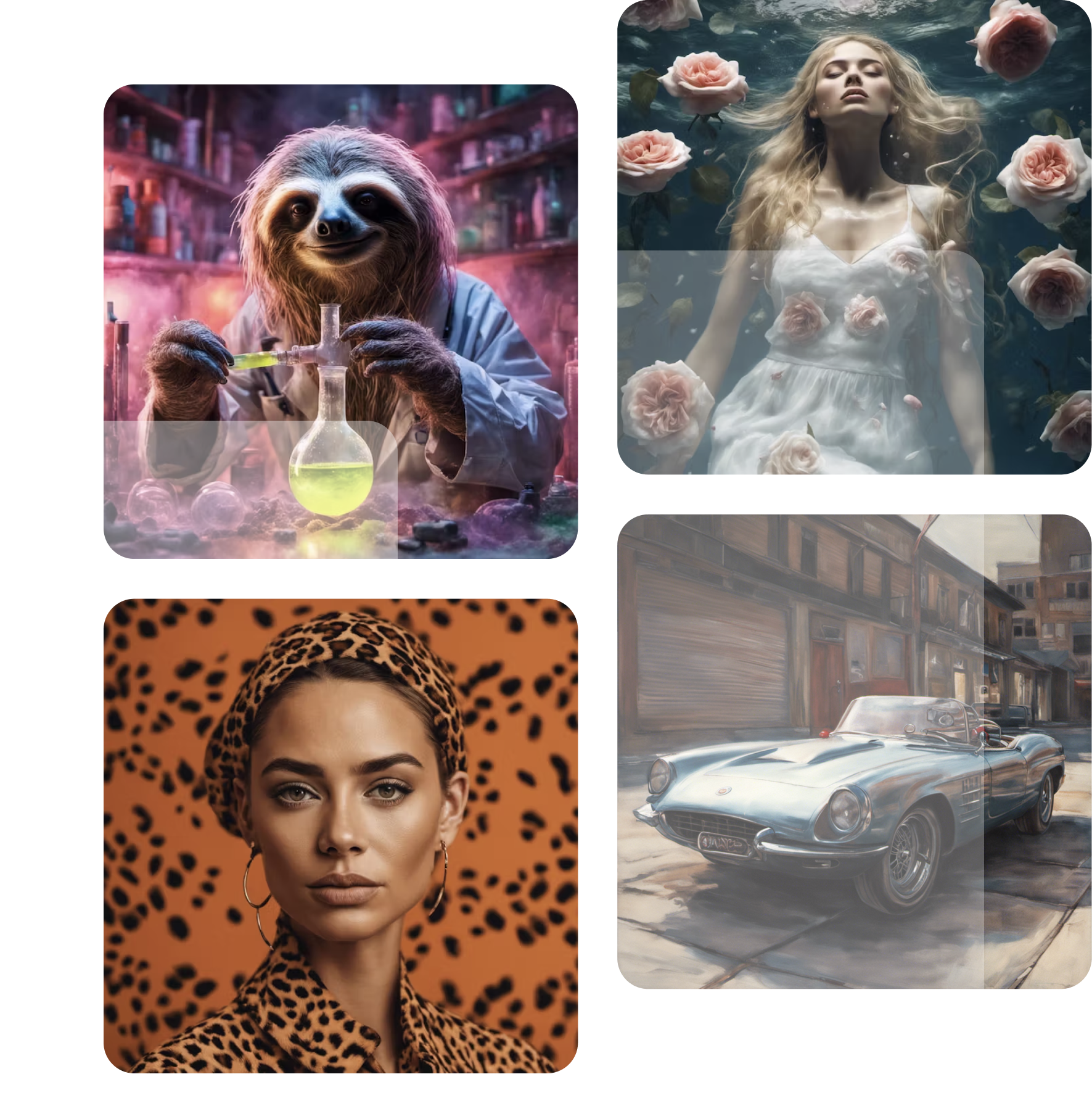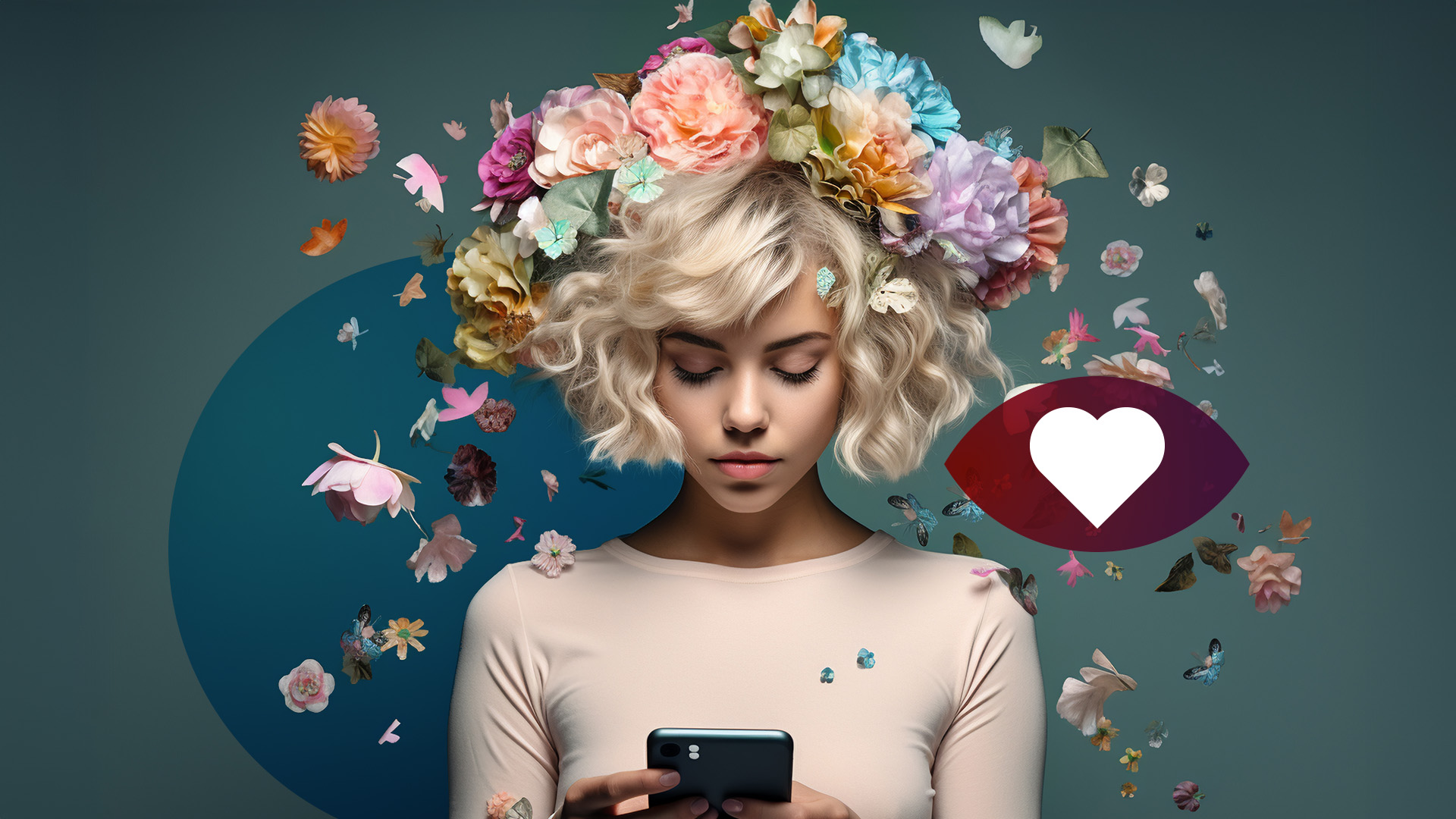Many marketing teams rely on AI to aid in their daily tasks. Since AI, or artificial intelligence, has burst into the marketing industry, its applications are increasing. AI-powered platforms can help marketers brainstorm content ideas, write text, analyze large data sets, and provide customer assistance through chatbots.
Given AI’s almost immediate adoption, marketers need to understand its benefits, applications, and challenges to ensure AI becomes an effective tool for your team.
Applications of AI in marketing
Marketers know AI has a lot of uses, but it’s hard to understand what it can do without examples. Take a look a look at these common applications of AI in marketing:
1. Personalization and customer experience
Personalized recommendations
AI has the power to provide personalized experiences for each customer. AI can analyze customer data, understand a customer’s preferences, and provide a unique experience for each customer.
One of the most common applications of this at work is product recommendations. On Amazon, AI “studies” a customer’s previous purchases and monitors their actions to suggest relevant recommendations.
Chatbots for customer service
Another common use of AI is through chatbots. These AI-powered conversationalists can answer product questions, provide links to products, suggest tutorials, or help solve a problem.
Airlines use chatbots to help customers rebook flights, and makeup brands like Sephora use chatbots to help customers identify the right foundation shade.
2. Predictive analysis
Forecasting sales and customer behavior
One of AI’s superpowers is its ability to ingest and analyze massive amounts of data. With solid data streams, AI can quantify specific metrics and provide decision-making insights. For example, it can analyze customers’ actions online, identify the most lucrative path or purchase indicators, and, from that data, predict a customer’s lifetime value.
Optimizing price strategies
By crunching data, AI can also help brands set prices. By exploring purchase history, comparing the costs of similar products on the market, and considering the overall economy, AI can help companies assign pricing and adjust as necessary.
3. Content creation and curation
AI tools to aid in content creation
AI platforms can help marketers create content by generating ideas, researching keywords, refining their target audience, and writing text. While there are some concerns about AI tools drawing inspiration from false sources or integrating bias into content, marketers are finding a balance. They often ask AI to outline articles, find statistics, or write shorter text snippets for things like newsletters or social posts.
AI curating content for specific audiences
AI can also help marketers curate content relevant to their target audience. AI could provide a list of the top ten articles on a specific subject, for example, so marketers can review it and identify content gaps. Marketers could ask AI to create a list of curated content on a topic to share on social media, eliminating any competitor’s content, of course.
Training AI models of people, products and art styles
With tools like FormAI Mixers, marketers can train artificial intelligence models on faces, objects and art styles to generate creative visuals for their efforts.
Check out this video about how it works:
4. Ad targeting
Use of AI in programmatic advertising
Programmatic advertising uses automation to make media buys, but its performance improves when coupled with AI. AI can suggest ad placements, browsers, device types, geography, and fold placement, all of which make ads more effective.
AI in optimizing ad targeting and performance
AI can help a brand analyze customer behavior, browsing history, and demographics to clearly define a target audience, which should result in more successful ads.
5. Social media marketing
AI in analyzing social media trends
Using its data-crunching abilities, AI can help brands identify relevant social media trends. Maybe posts with positive, uplifting messages fare better than others, or brands that share 30-second videos on TikTok see the best engagement rates. AI can identify the trends and make suggestions for your brand to follow.
AI tools to manage social media campaigns
Using AI platforms like FormAI, you can provide prompts and ask the platform to write social posts. Tools can also help you clone previous posts, re-caption them, and even automate a response to a post, like providing a 10% off coupon to followers if engagement on a certain post crosses a certain threshold.
Check out what FormAI can do.
Case studies of AI application in marketing
Want to see how AI is used in the real world? Here are a few case studies to consider:
Netflix
A popular subscription-based streamlining platform, Netflix uses AI to monitor viewing habits, quantify “likes” provided by viewers, and analyze current trends to suggest shows a subscriber will like. Marketers can use the data to promote popular shows.
Starbucks
Through the help of an AI-powered voice assistant, customers can place their coffee orders via The My Starbucks Barista app. It not only takes orders but is connected to espresso makers that make the drinks consistently for each customer. The data collection can help marketers better understand customer preferences.
Lowe’s
The DIY giant offers a chatbot on its app to answer questions and help customers find what they need inside their stores. Customers can ask the LoweBot to find door hinges, for example, and get directions to the aisle and the exact box of hinges they’re looking for.
For marketers, the data collected from the bot is invaluable. The most common requests could help inform marketing campaigns, content, or customer personas.
Future of AI in marketing
AI will continue to evolve and aid marketers in new ways. Expect AI’s predictive analytics, trend spotting, text generation, and personalization tools to improve. At the same time, marketers will examine how to use AI while minimizing risks.
Challenges of AI include avoiding bias and false information in sourced materials, relying on AI to do too much, and trusting suggestions stemming from flawed data. Marketers must consider these challenges and research AI-powered platforms to ensure best practices are in place.
AI has many applications, but it’s up to individual marketing teams to implement them effectively.
Influencers:
Looking to partner with industry-leading brands? Create your free profile today.
Marketers:
The world’s biggest brands trust IZEA’s influencer marketing software and managed solutions. Find out which solution is right for you.
FORMAI
Supercharge your content and creativity with AI — custom-built for influencer marketing.

FORMAI
Supercharge your content and creativity with AI — custom-built for influencer marketing.

FORMAI
Supercharge your content and creativity with AI — custom-built for influencer marketing.
FORMAI
Supercharge your content and creativity with AI — custom-built for influencer marketing.








